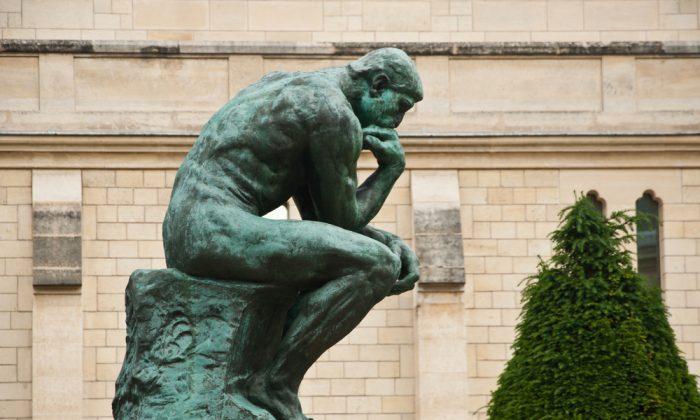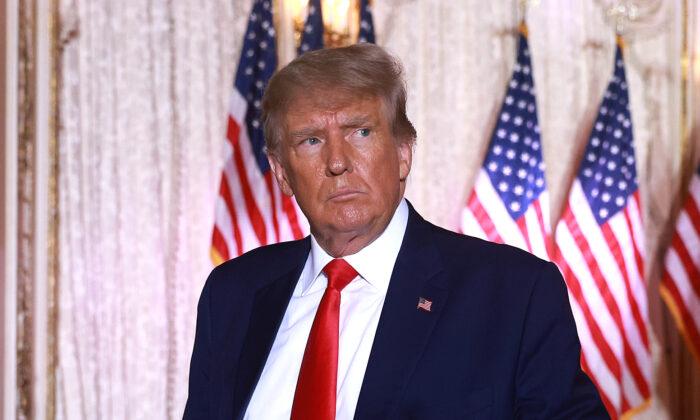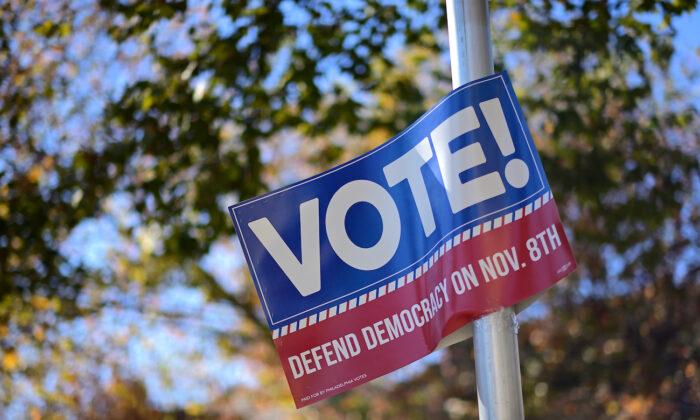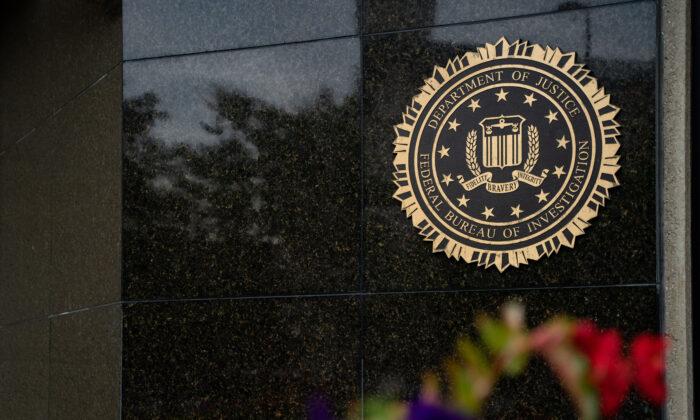Remember “Science”? Of course you do. How could you forget it when your neighbors, like mine, have signs posted in their front yards proclaiming that “Science is real.”
Like many political slogans, “Science is real” makes no literal sense but must be interpreted with the help of its political context.
What it really means is that there’s some scientist or group of scientists that has been quoted in the media because they have said things that the media already believe. And, because of the scientists’ academic credentials, the media also believe that you, the uncredentialed, must believe, too.
You can see that it’s a lot easier, though just slightly dishonest, to say that “Science is real.”
It’s dishonest because, if the sloganeer said what he really thought, you might be better able to spot the flaw in such reasoning. It’s that the scientists who tell you what you want to hear, be they ever so well-credentialed, aren’t necessarily the same as “Science.”
And even if they were, “Science” is no guarantee of certainty, which is what’s implied by the use of the word “real.”
Real science is always evolving and developing, and its truths are always tentative and temporary. It’s the reverse of the kind of dogmatism that demands our acquiescence and obedience.
Now it seems that at least some of those who tout dogmatic “Science”—perhaps even some of its yard-sign champions—are beginning to realize this.
Remember all that saving-the-planet stuff we used to talk about when we urged you to recycle your plastic? Forget it.
That’s not to say, of course, that you should forget about all the other save-the-planet stuff we’re still talking about.
And yet somehow, no one ever seems to have second thoughts about Al Gore’s confident assertion in “An Inconvenient Truth” that global warming demanded not a political but a moral response.
“We”?
Even when he contradicted himself, as on the question of masks, he spoke with equal certainty and presumptive authority on both sides.
When, at his behest, we shut down the schools, the churches, and all of social and most of economic life; when the freedoms of religion, assembly, and even speech were abrogated; when people were losing their jobs and livelihoods for failing to be vaccinated, could any of this have happened if Dr. Anthony “the Science” Fauci had ever said anything even close to “I’m as much in the dark about this disease as you are”?
Of course not. The plenipotentiary powers invested in him by both parties depended absolutely on the assumption, never contradicted by “the Science” himself, that the Science had to be right and, therefore, authoritative.
Now that the bill for the lockdowns is coming due in the form not only of inflation, higher taxes, and economic recession, but also of much lower test scores by students locked out of their classrooms (and who knows what life chances missed as a result), it’s a bit late in the day for “the Science” to admit that it didn’t really know what it was doing.
Especially if they’re now pretending, along with Oster, that they were in the same boat as the rest of us all along.
Such disingenuousness ought to be a reminder to us all that among the other disastrous consequences of trusting our fortunes and our liberties to the good faith of “the Science,” not the least of them must be the license it appears to have given to our public men and women to utter the most blatant falsehoods without fear of contradiction—let alone ridicule—by the official media.
My neighbors still have their “Science is real” sign up in their front yard, but I can never look at it without laughing. I imagine there are lots of people who feel the same.
I’m pretty sure that there are also a lot of people who are going to show their displeasure with such arrogant officialdom today.




